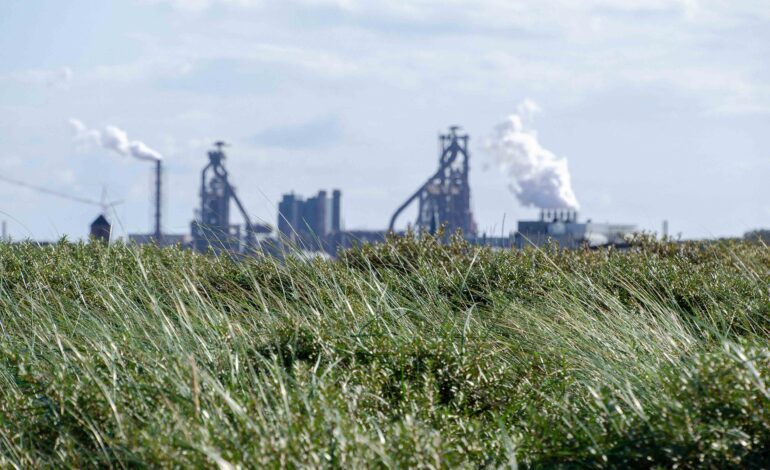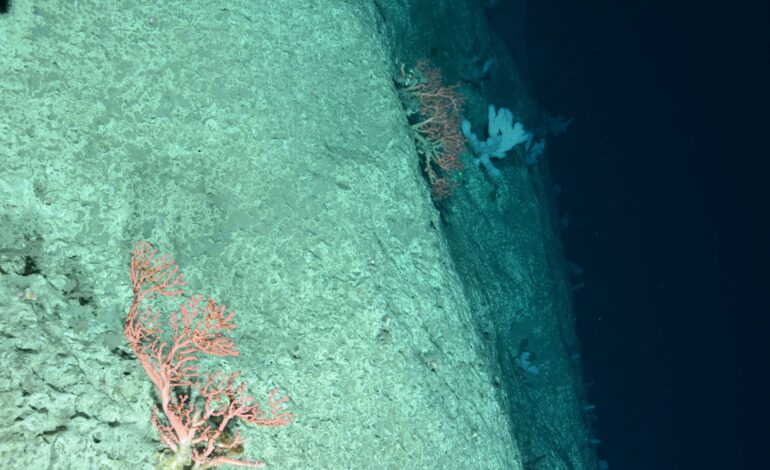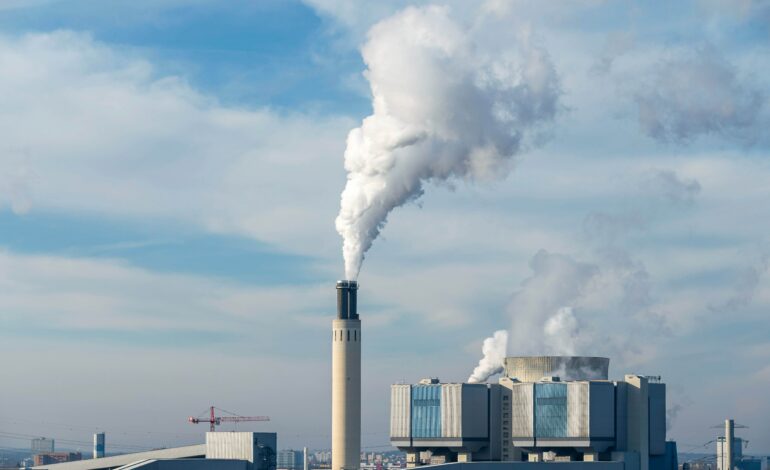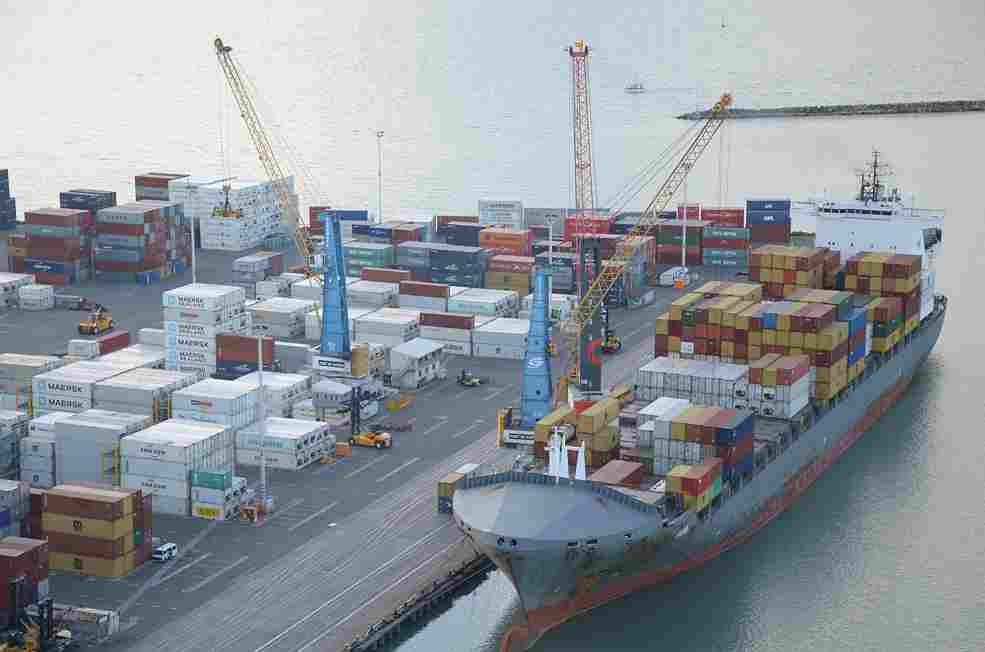Bunker fuel refinery operations are profoundly shaped by regulatory frameworks aimed at maintaining environmental standards, ensuring fuel quality, and reducing emissions. This article explores the influence of these regulations on bunker fuel refineries, examining their operational implications, the compliance challenges they pose, and strategies for adaptation in a dynamic regulatory landscape.
Understanding Bunker Fuel Refinery Operations
Bunker fuel refineries are essential facilities that supply fuels for maritime transport, powering large vessels critical for global shipping. These refineries refine crude oil into various grades of bunker fuel distinguished by sulfur content, viscosity, and combustion characteristics.
Regulatory Frameworks and Their Objectives
- Environmental Protection: Regulatory standards impose strict limits on pollutants emitted during refining processes to mitigate environmental impacts like air pollution, acid rain, and harm to marine ecosystems.
- Fuel Quality Standards: Initiatives such as the International Maritime Organization’s (IMO) MARPOL Annex VI mandate sulfur content limits in bunker fuels to reduce sulfur oxide (SOx) emissions from ships, aiming to enhance air quality and public health.
Impact on Bunker Fuel Refinery Operations
- Technological Advancements: Refineries must invest in advanced technologies such as desulfurization units, catalytic converters, and scrubbers to meet stringent emission standards and minimize environmental impact.
- Operational Costs: Achieving compliance often involves increased operational expenses related to equipment upgrades, maintenance, and monitoring to ensure adherence to emission limits and fuel quality specifications.
Challenges in Compliance and Adaptation Strategies
- Technical Compliance: Refineries face ongoing challenges in consistently meeting evolving regulatory standards, necessitating continual adjustments in technologies and operational procedures.
- Monitoring and Reporting: Rigorous monitoring and accurate reporting of emissions, fuel quality parameters, and operational practices are crucial for demonstrating compliance and avoiding regulatory penalties.
Strategies for Adaptation and Innovation
- Exploration of Alternative Fuels: Research into alternative fuels such as liquefied natural gas (LNG), hydrogen, and biofuels presents opportunities to reduce sulfur emissions and enhance environmental sustainability in refinery operations.
- Collaboration and Knowledge Exchange: Industry collaboration, partnerships with research entities, and knowledge-sharing platforms promote the development of cleaner technologies and best practices for sustainable refinery operations.
Conclusion
Regulatory measures significantly influence bunker fuel refinery operations, driving investments in cleaner technologies, elevating fuel quality standards, and promoting environmental stewardship. By embracing regulatory compliance as a catalyst for innovation and sustainability, bunker fuel refineries can navigate challenges, mitigate environmental impacts, and contribute to a cleaner, resilient maritime industry. Strategic investments in technological advancements and collaborative efforts among stakeholders are pivotal for achieving long-term sustainability goals while responsibly meeting the global demand for bunker fuels.






